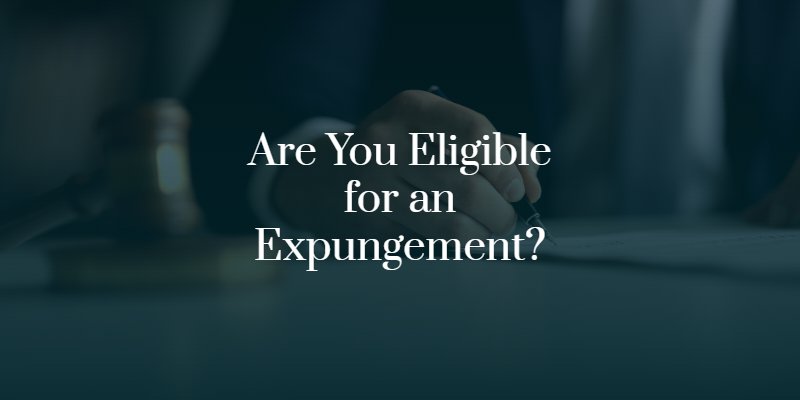Are You Eligible for an Expungement?
One of the most significant consequences of being involved in a criminal investigation or convicted is receiving a criminal record. If you take no action, this record can follow you around for the rest of your life, potentially limiting your employment opportunities, housing options, and ability to obtain student financial aid. Through expungement, you may be able to limit the impact of a criminal record.
At The Criminal Defense Team of Baldwin Perry & Wiley PC, we work closely with our clients and can assist in petitioning for expungement. Call our expungement lawyers in Indianapolis today for a free case review.

What Is Expungement?
Expungement is the legal process of sealing a criminal record from public view. When records are sealed, they are not easily discoverable during background checks of public records. This can prevent potential landlords, employers, or others from using a criminal case against you. Expungement offers a second chance for eligible individuals.
Expungements When No Conviction Occurs
Different types of criminal records can be sealed, each involving a different process and requirements. If your case was dismissed or you completed diversion, you can seek expungement. You must not have any other criminal charges pending. If you are in a diversion program, you must have completed it. You must wait at least one year from the arrest date or charge to petition to have the arrest record expunged. As long as you meet the necessary requirements, the court must grant your petition.
Misdemeanor Conviction Expungements
To have a misdemeanor conviction expunged, you must wait five years after your conviction. You will need the prosecuting attorney’s consent. You are not eligible for a misdemeanor conviction expungement if you have two separate felony convictions that involved the unlawful use of a deadly weapon.
Felony Conviction Expungements
Felony conviction expungements have even longer waiting periods. You must wait eight years after a conviction for a Level 6 or Class D felony unless the prosecutor agrees to an early expungement. For other eligible felony convictions, you must wait years from the date of conviction or three years after completing your sentence, whichever is later. If you are an elected official or were convicted of a felony that resulted in serious bodily injury to another person, the waiting period is ten years from the date of conviction or five years after completing your sentence, whichever is later.
Convictions Not Eligible for Expungement
Certain convictions are not eligible for expungement, including:
- Murder
- Manslaughter
- Offenses that result in the defendant being designated a sex or violent offender
- Offenses involving official misconduct
- Sex trafficking offenses
- Sex offenses, including rape and child molestation
- Two or more separate felonies involving the unlawful use of a deadly weapon
Protect Your Future by Calling The Criminal Defense Team Today
Indiana’s expungement rules are complex. The experienced Indianapolis criminal lawyers at Baldwin Perry & Wiley PC can review your circumstances to determine your eligibility for expungement. If you are, we can prepare the petition, obtain the necessary documentation, and take steps to protect your future. Call (317) 687-8326 to discuss your case during a free case review.